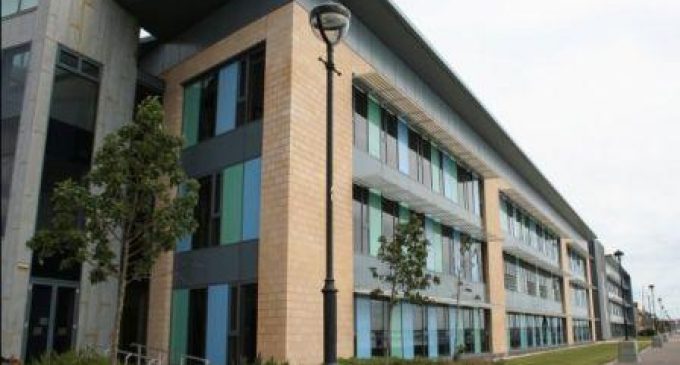Green Legislation and Skills Shortage Driving Up Construction Prices

The cost of commercial property construction in Ireland is expected to increase this year due to a number of factors including new green building legislation and demand for energy-saving options according to the latest Tender Price Index from the Society of Chartered Surveyors Ireland (SCSI). All commercial buildings must now comply with the Near Zero Energy Building Standard including projects which were designed ahead of the legislation being implemented.
This has resulted in increased material costs but also further demand for specialist trades and professionals with experience of pricing and delivering the new standard. High levels of building activity in general and higher demand from end-users for the latest low energy- use installations is having an inflationary effect on prices.
Aine Myler, SCSI Director General, said: “New legislation including Near Zero Energy Building Standard has rightly been welcomed by the market and will play an important role in reducing Ireland’s carbon emissions. Naturally, these changes require specialist knowledge so surveyors are further up-skilling to help manage the costs on projects and bring them to construction as quickly as possible. Anyone planning a major commercial construction should seek to engage skilled specialists as early as possible.”
The SCSI Tender Price Index is the only independent, sentiment-based assessment of construction tender prices in Ireland. The survey tracks price inflation in commercial construction projects with capital values over €0.5 million. The Report has forecasted a national increase of 2.9% for the last six months of 2019.
The SCSI believe there are a number of key factors driving tender price growth:
- Skills shortage – the nationwide shortage of trades and professionals comes at a time when there is a sharp increase in the demand for these skills. Changes to building regulations have increased energy efficiency across commercial and residential buildings, which are requiring more specialist machinery installations. The demand to be able to advise and budget for these systems has grown significantly and will continue to grow.
- Re-pricing – projects that were designed prior to the new legislation but failed to begin construction must now be revised resulting in higher tender prices.
- Future proofing – increasingly end-users want properties to be ‘future proofed’ against upcoming changes in building requirements or carbon taxes. Companies are seeking energy savings solutions that will cut costs in the long-term and are willing to stomach increased construction costs for the prospect of future savings.
The indices represent a national average; however, the rate of increase is not uniform across the country with Dublin and regional tender price variations. In Dublin, the first half of 2019 saw tender inflation at 3.5%. As expected, this is higher than the national average but comparable with results received from the rest of the Leinster region.
Tender price inflation outside of Dublin is currently running at 2.9%. Connaught/Ulster is running at 3.2% and the Rest of Leinster is at 3.5% inflation. Expectations for the second half of 2019 show a reduction in the national rate of inflation to 2.9% from the current 3.3%.







